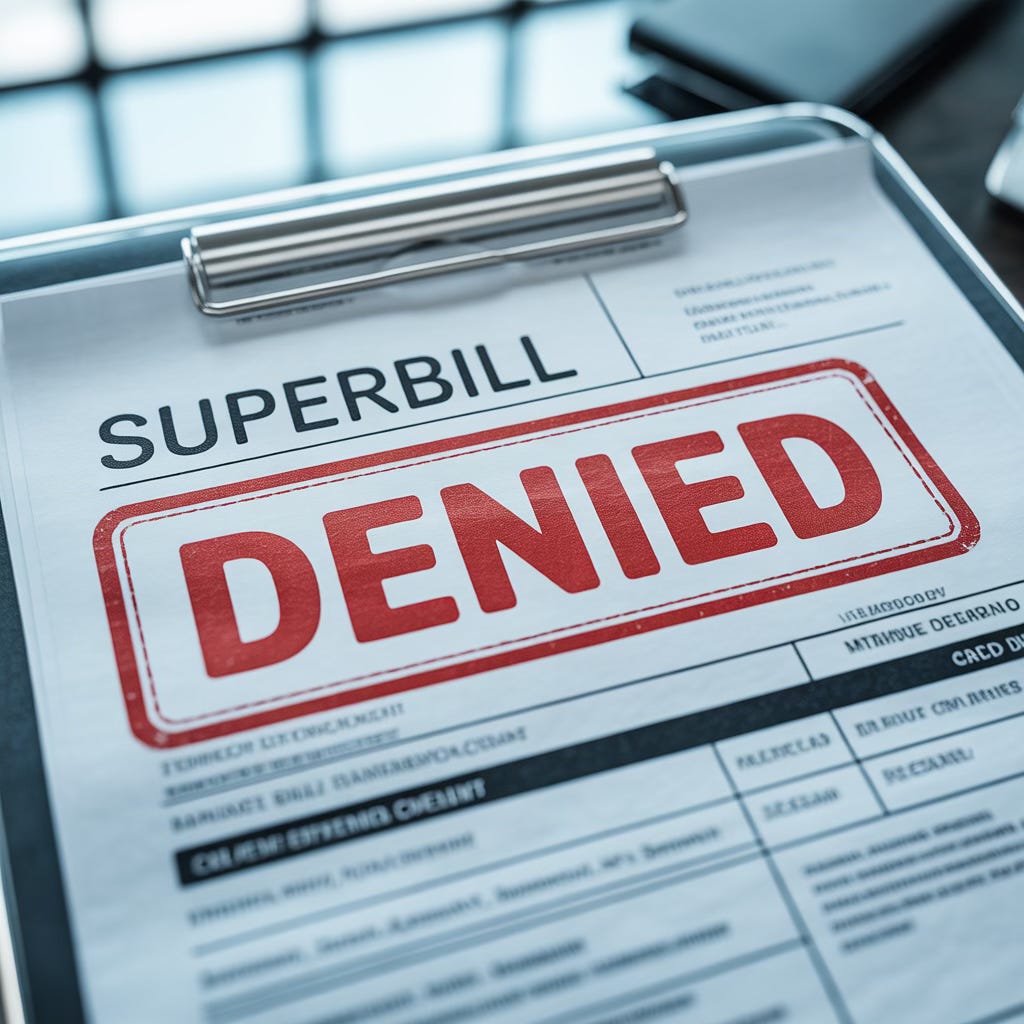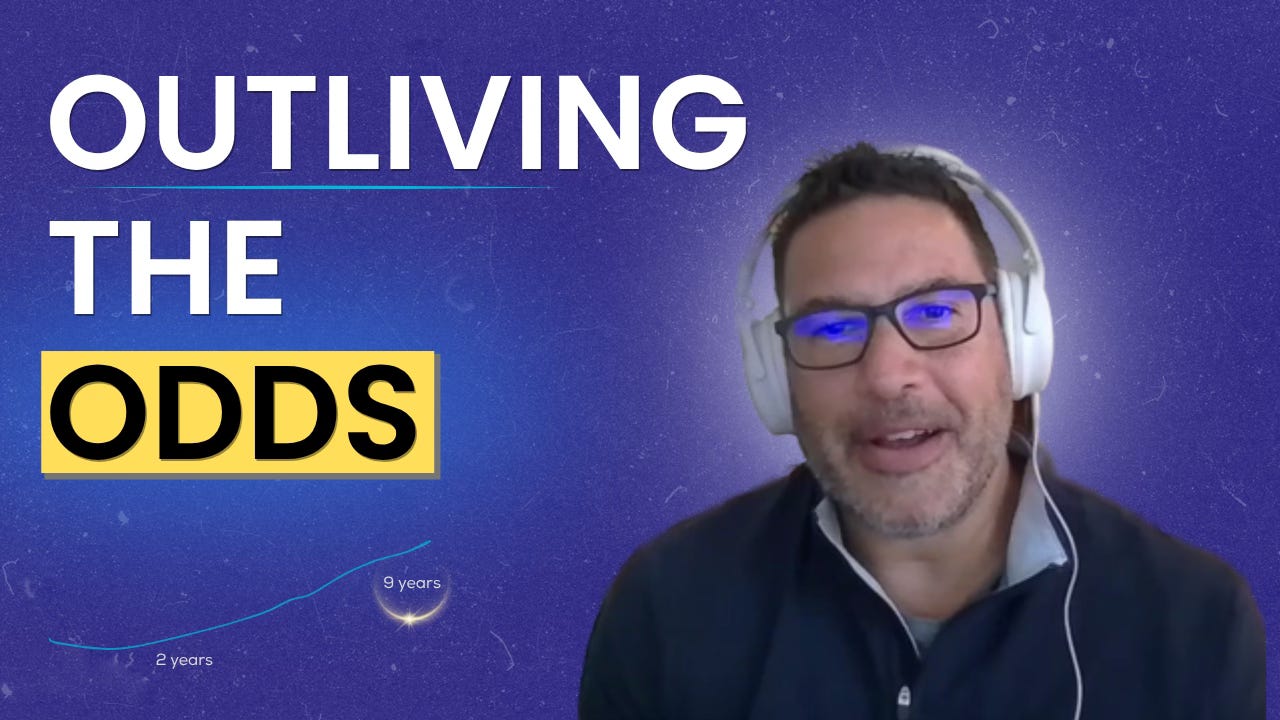When Your Insurance Denies the Drug Keeping You Alive
From off-label to covered
Your oncologist suggests a treatment that might work. The studies look promising. Your tumor has the exact mutation that makes you eligible. Your doctor writes the prescription.
Then insurance says no.
Miguel Rueda faced this moment six years ago. His cancer had mutated. He’d been through radiation, radioactive pellet procedures, and chemo. He was 44 years old with three kids and one of the rarest prostate cancer diagnoses possible: 2% of prostate cancer patients get small cell cancer, and 2% of those have both small cell and typical cancer cells combined.
His radiation oncologist had insisted on genetic testing of Miguel’s tumor tissue—not just Miguel’s germline DNA. That test revealed his tumor had developed a BRCA2 mutation. When a study came out showing PARP inhibitors (created for ovarian cancer) worked for prostate cancer patients with this mutation, Miguel’s oncologist wanted to try it.
Insurance denied the claim. The drug wasn’t yet approved for prostate cancer. The sticker price: $13,000 per month.
Miguel’s oncologist wrote a letter. The denial was overturned.
Miguel has been stable on that medication for over six years. He works with athletes at the University of Colorado. He runs marathons. His three kids call him every day. He co-chairs a cancer support group where he sees other patients facing the same insurance denials, draining their retirement savings to pay out of pocket for treatments their doctors recommend.
Here’s what Miguel wants you to know if you’re facing a similar denial:
Your oncologist’s letter matters. Miguel’s doctor didn’t just request the medication—he explained why the off-label use was appropriate based on Miguel’s specific tumor mutation and the emerging research. That appeal worked.
Buying time is a legitimate strategy. Every treatment Miguel went through—even the ones that eventually failed—bought him time. Time for new studies to be published. Time for new medications to become available. Time for his tumor’s genetic profile to be tested. The PARP inhibitor didn’t exist as an option when Miguel was first diagnosed. It exists now because he stayed alive long enough for it to arrive.
The timeline they gave Miguel nine years ago isn’t the timeline he’s living. The phone call that came while he was driving his family to the San Francisco airport — “You have cancer and it’s not good”— didn’t write the ending.
How did Miguel’s team identify which treatment to fight for? What did that appeal letter actually say? And what happens when buying time means navigating treatments that fail before you find the one that works?
Listen or Watch - Miguel is captivating.
ManUpToCancer - Join Our Pack - https://manuptocancer.org/
Movember Foundation - https://us.movember.com/



